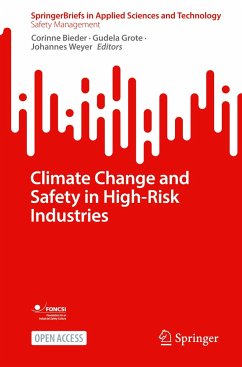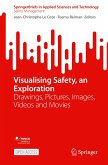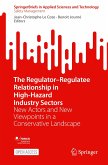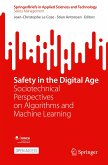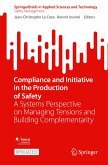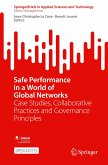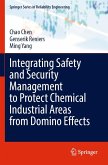This open access book directs attention to the safety implications of disruptive, sustainability-driven changes in sociotechnical systems resulting from climate-change considerations in high-risk industries. It addresses not only the dismantling of currently prevalent systems and structures and the achievement of a stable future state but also the management of processes for establishing new practices in a safe and reliable manner without undue interruption of important functions and services.
Leading scholars from various fields of research have contributed to this brief by analyzing case studies as well as through conceptual and methodological work. They propose strategies for coping with new kinds of risk at local and organizational levels. The oil and gas and nuclear industries are two cases investigated here. They present a challenging mixture of continuity and disruption and require strategies for coping with safety and sustainability issues at the same time. Innovativemethods such as real-world experimentation and computer-based simulation are discussed as means of investigating the issues at stake.
Climate Change and Safety in High-Risk Industries brings together critical appraisals of the challenges that will be faced by industry, regulatory bodies and decision-makers in coming decades. It analyzes whether safety and sustainability are accurately thought of as competing imperatives or, rather, offer possibilities for a more cooperative approach to the necessary adaptations in our modes of production and consumption.
Leading scholars from various fields of research have contributed to this brief by analyzing case studies as well as through conceptual and methodological work. They propose strategies for coping with new kinds of risk at local and organizational levels. The oil and gas and nuclear industries are two cases investigated here. They present a challenging mixture of continuity and disruption and require strategies for coping with safety and sustainability issues at the same time. Innovativemethods such as real-world experimentation and computer-based simulation are discussed as means of investigating the issues at stake.
Climate Change and Safety in High-Risk Industries brings together critical appraisals of the challenges that will be faced by industry, regulatory bodies and decision-makers in coming decades. It analyzes whether safety and sustainability are accurately thought of as competing imperatives or, rather, offer possibilities for a more cooperative approach to the necessary adaptations in our modes of production and consumption.

